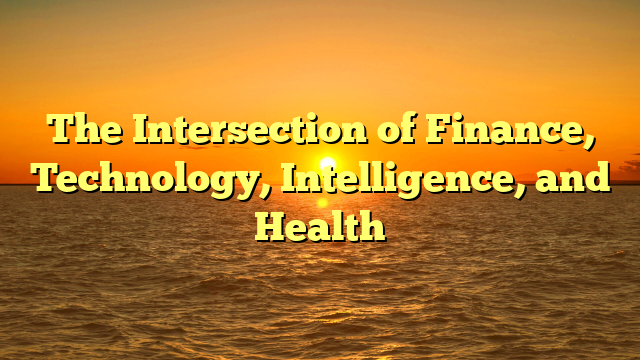
President-elect Prabowo Subianto’s proposed free lunch initiative has emerged as one of his most ambitious policy promises. Aimed at providing nutritious meals to schoolchildren across Indonesia, the program is expected to address malnutrition, enhance educational outcomes, and support local food industries. However, beyond its social and economic benefits, the initiative also serves a crucial political purpose: solidifying public trust and strengthening Prabowo’s leadership image. While the policy has generated enthusiasm among many Indonesians, concerns remain about its feasibility, funding, and long-term sustainability.
At its core, the free lunch initiative is positioned as a solution to Indonesia’s persistent malnutrition problem. According to the World Bank, approximately 22% of Indonesian children under five suffer from stunting, a condition caused by chronic malnutrition that can hinder cognitive and physical development. By providing samosir88 , balanced meals in schools, the program aims to improve children’s overall health and well-being, ensuring they receive the nutrients necessary for growth and learning. If successfully implemented, it could significantly reduce malnutrition rates and contribute to a healthier, more productive future workforce.
In addition to its nutritional benefits, the initiative is also expected to enhance educational outcomes. Hunger and poor nutrition have been linked to lower academic performance, reduced concentration, and increased absenteeism. When children receive adequate meals at school, they are more likely to remain engaged in their studies, leading to better learning experiences and higher graduation rates. Over time, this could help bridge the educational gap between socio-economic classes, creating more equal opportunities for children across Indonesia.
While the social and educational benefits of the program are evident, its political implications are equally significant. Prabowo’s free lunch initiative has been widely interpreted as a strategic move to strengthen public support and consolidate trust in his leadership. Large-scale welfare programs have historically played a crucial role in shaping political legacies, and by launching an initiative that directly benefits millions of families, Prabowo is positioning himself as a leader who prioritizes the welfare of the people. This move could help him solidify his voter base and increase his political capital ahead of future elections.
However, the program faces several key challenges, with financial sustainability being the most pressing concern. Providing free meals to millions of children daily will require substantial funding, raising questions about how the government plans to finance the initiative. Will it rely on increased taxation, budget reallocations, or external loans? Critics argue that without a clear financial strategy, the program could strain Indonesia’s fiscal resources and lead to unintended economic consequences, such as inflation or cuts in other essential services.
Logistical issues also pose a significant challenge. Indonesia’s vast archipelago, with thousands of islands and diverse geographic conditions, makes food distribution a complex task. Ensuring that meals reach children in rural and remote areas while maintaining quality and safety standards will require careful planning, strong infrastructure, and effective coordination between government agencies, suppliers, and local communities. Without proper execution, the program risks becoming inefficient, with potential issues such as corruption, food waste, and supply chain disruptions.
In conclusion, Prabowo’s free lunch initiative is more than just a social welfare program—it is a strategic move to win public support and establish his leadership legacy. While the initiative has the potential to improve child nutrition and education, its success will depend on how well it is funded, managed, and executed. If implemented effectively, it could mark a defining achievement of Prabowo’s presidency. However, failure to address its financial and logistical challenges could turn it into a burden that undermines public trust rather than strengthens it.





